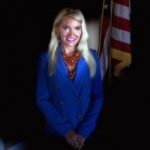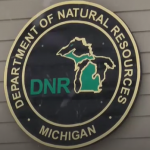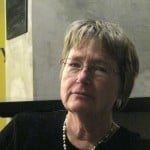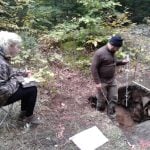

Don Lafreniere and Brad Barnett presented a talk titled Geographic Information Systems (GIS): Essential Infrastructure for Economic Development at the Keweenaw Economic Development Alliance (KEDA) monthly breakfast meeting on November 7. KEDA Member Meeting breakfasts are offered monthly with different topics and presenters each month. More information about the presentation can be found at the Keweenaw Report.









